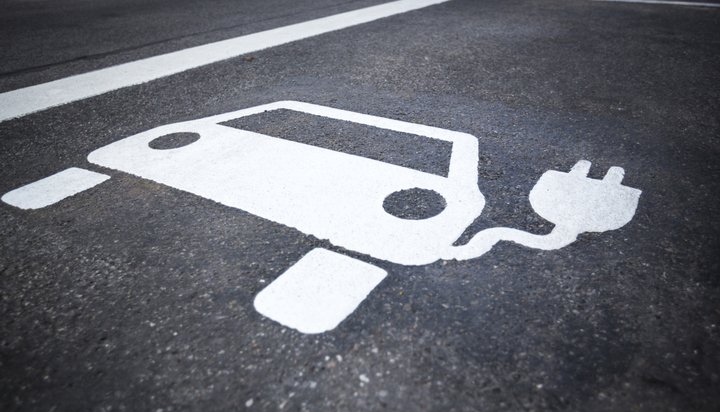Smart electric vehicle (EV) charging can reduce the need for electricity network upgrades without impacting the charging habits of drivers.
That’s according to DriveElectric, which has conducted a three-year trial exploring the charging behaviours of 700 EV users and their attitudes towards smart charging, which it says can be used to manage charging away from peak electricity demand periods, such as between 5pm and 7pm on weekdays.
It says its results show that smart charging combined with time of use electricity tariffs can help manage the potential impacts of EVs on the domestic electricity network and save drivers money.
On average, vehicles are plugged in for over 12 hours but they only take electricity for 1.5 hours in that time, showing there is sufficient flexibility to manage charging away from peak electricity demand periods.
The trial has also proven that managing demand from EVs through smart charging is technically feasible and that it is acceptable to the majority of trial participants.
DriveElectric notes incentives such as cheaper electricity rates at off-peak times appear to be highly effective at moving demand away from peak periods.
Mike Potter, Managing Director and Founder at DriveElectric, said: “The Electric Nation project shows that smart charging can help to reduce the load on the grid from EVs at peak times and there has been an overwhelming positive attitude towards smart charging from participants.”





